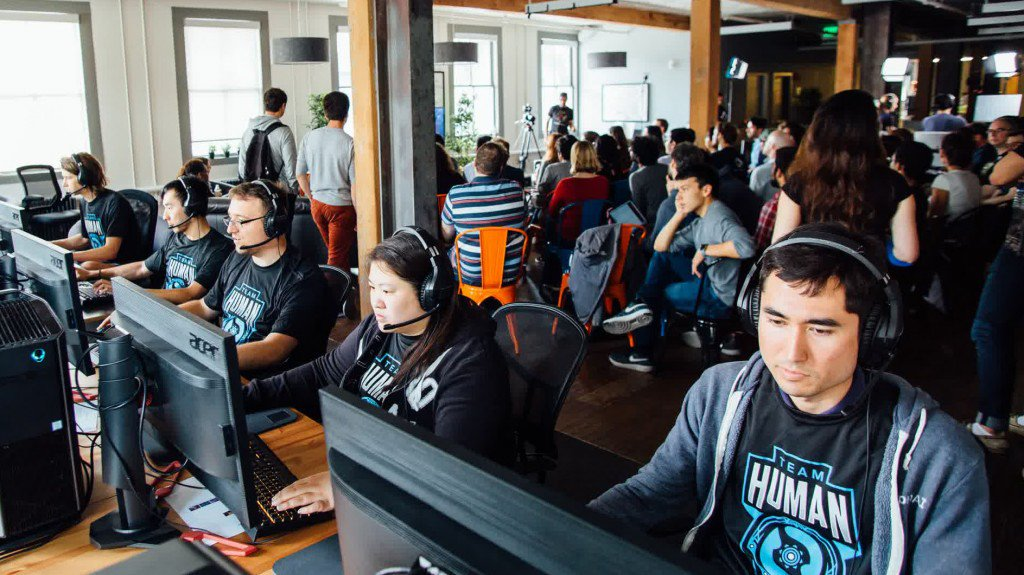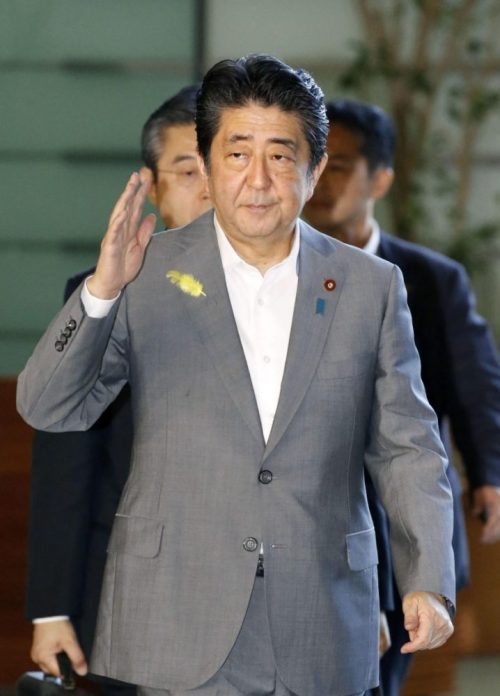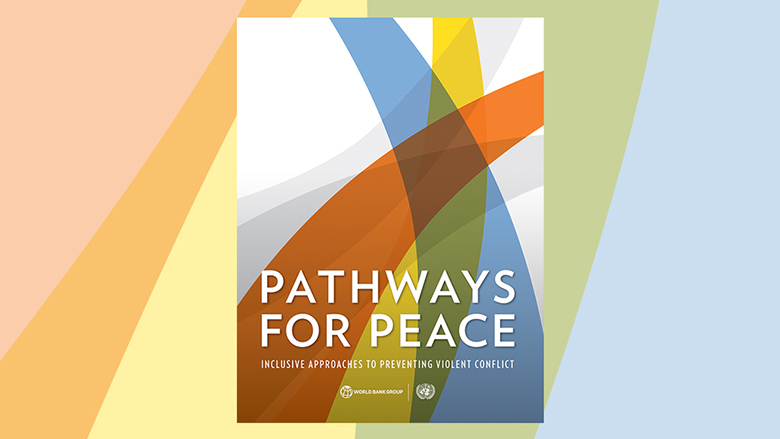
by BGF | Jul 8, 2018 | News
AI is changing the way business works at a very fast pace, The Michael Dukakis Institute (MDI) is giving a finishing touch to the AI economic breakthrough strategy for Vietnam with the collaboration of Professor Jason Furman.
Professor Jason Furman – Professor of the Practice of Economic Policy at Harvard Kennedy School, Chairman of the Council of Economic Advisers (CEA) of President Barack Obama, and Mr. Nguyen Anh Tuan – Director of MDI are working together to complete the AI economic breakthrough strategy for Vietnam. The plan for is nearly completed, including outstanding strategies to place Vietnam at the full front of AI development with other nations.
Prof. Jason Furman and Mr. Nguyen Anh Tuan are doing their best to make the preparation for the presentation of the strategy to Vietnamese leaders with the hope to enlighten the leaders with the best opportunities for Vietnam’s economy.

by BGF | Jul 8, 2018 | News
Tesla’s production process is on the fly as Elon Musk modified Model 3 Production line utilizing automation.

According to New York Times’s article, Elon Musk’s vision in 2016 didn’t turn out the way he expected since Tesla encounter difficulties in mass-producing battery packs and cars. Now, Tesla is trying to minimize the time that robots take to weld parts, revolutionizing the field. He has made many changes in his production plants to accelerate the operating speed including installing automated assembly machines, robots and setting up third Model 3 Production line by using owned equipment
To some extent, Tesla’s reliance on automation is a success, specifically regarding the installation of battery packs and electric motors to the vehicles underbodies. For the Model 3, that function involves just five work stations and no workers at all, said Lars Moravy, the company’s director of chassis engineering. But for some tasks, robots perform with less efficiency. In general, the production line is on the fly despite difficulties in technicality, labour… In the beginning of June, 3500 Models 3 sedans were being made in a week, Mr. Musk vowed to reach 5000 a week by the end of June. The result of the plants modification will be revealed in a few months when Tesla reports profit.
As AI is deployed to be used by business, industry, and private citizens, it is essential to that AI technologies remain benevolent and free from risks of misuse, error, or loss of control. Therefore, it is necessary to follow a certain set of principles in applying AI to assist businesses such as such as the AIWS 7-Layer Model by MDI.

by BGF | Jul 8, 2018 | News
The algorithmic A team called the OpenAI Five was developed by OpenAI. The team has shown its initial achievement, gaining a victory over amateur Dota 2 players in testing. What makes this win significant is that besides individually learning how to play the game, each algorithm learns how to cooperate with the other teammates.

Dota 2 is a complex strategy game in which teams of five players compete to control a structure within a sprawling landscape. Dota 2 is evaluated as difficult to master, and it is even more challenging for machines since when playing, they are required to predict what their opponents intend to do as well as to be able to support and cooperate.
By playing against various versions of themselves, the OpenAI Five figured out the key points, the roles of objectives in the game and created strategies in the way similar to what humans do. The AI team has won against a team of amateur players in testing.
This is a cutting-edge development for AI advancement. If this approach is successfully developed, the commercial use of technology is without controversy. For example, AI algorithms could team up to outmaneuver opponents in online trading or ad bidding. Also, collaboration between algorithms and humans is not far off.
Also, the next challenge for AI is to develop algorithms to compete in games involving communication, which demand players collaboration-competition balance.
AI is advancing against humans in many fields; if its development is not carefully monitored, it might result in unwanted consequences for humankind. It is fortunate for us that there are organizations currently working on AI ethical standards to ensure human well-being in the future. For instance, BGF and MDI are currently developing the AIWS 7-Layer Model for AI development.

by BGF | Jul 8, 2018 | News
From July 11, Prime Minister will start his Europe and Middle East tour and sign a free trade pact with European Union during his visit.

Mr. Shinzo Abe, the 57th Prime Minister of Japan, has been traveling from place to place to tighten relations between Japan and other nations. In the following week, he will start his eight-day tour to France for the opening ceremony of Japonismes 2018 and Saudi Arabia and Egypt accompanied by Japanese business executives with the purpose of boosting ties.
During his time with the EU, he will attend a signing ceremony for free trade between Japan and European Union in Brussel, with the hope to put the agreement into effect by late March next year.
Prime Minister Shinzo Abe was also one of MDI’s honorees in 2015, awarded with the title World Leader in Cybersecurity.

by BGF | Jul 1, 2018 | News
Mustafa Suleyman, Co-founder of DeepMind, calls for the awareness of ethical standards for technology development.

Rapid technological advances continue to make contributions to society’s well-being, but we must also be mindful of public opinion. The founder of DeepMind wrote in his article on RSA Journal (Royal Society for the encouragement of Arts, Manufactures and Commerce) that public concern over technological changes and advances should not be simply dismissed, and warned that there is likely a gap between attitudes towards technology amongst developers and users.
In the critique, measures are suggested to address societal challenges that might arise as a result of technological advances. One challenge is the asymmetry of information between developers and the general public regarding how technology works, leading to potential conflicts between governments, activists and technologists … instead of these groups working together. Hence, it is essential to have new technical solutions that enable wide range of stakeholders to understand how their data is used, and how algorithms work.
The Michael Dukakis Institute for Leadership and Innovation (MDI) has developed the AIWS 7-Layer Model to allow future generations to address precisely the types of ethical concerns raised by DeepMind.

by BGF | Jul 8, 2018 | News
In March 2018, World Leadership Alliance – Club de Madrid (WLA-CdM) took part in a conversation between the United Nations and the World Bank on approaches to preventing violent conflict held in Washington, D.C.

WLA-CdM , one of BGF and MDI’s closest partners in developing AIWS initiative and especially AIWS 7-layer model, launched the United Nations’ and World Bank’s joint study “Pathways for Peace: Inclusive Approaches to Preventing Violent Conflict”.
Attendees addressed the nature of contemporary conflict, the need of states as well as policies to cope with crisis and possible outcomes. In general, participants realized a cultural shift in the politics of prevention as it is relevant to both political and technical aspects.
The United Nations and The World Bank highlighted their partnership and responsibility on the path of keeping world peace.

by BGF | Jul 1, 2018 | News
As machine learning and artificial intelligence (AI) creates fast-paced innovation, a paper named “Concrete Problems in AI Safety,” originally released 2 years ago, presents problems related to AI use and misuse. .
Two years ago, researchers from Google, Stanford, UC Berkeley, and Open AI published “Concrete problems in AI Safety”- which remains one of the most important documents on AI Safety. The problems include unintended and harmful behaviors leading to possible negative side effects; reward hacking; scalable oversight; and safe exploration and robustness to distributional change. The paper uses the example of a cleaning robot to illustrate possible approaches to address these problems.
1. Avoiding negative side effects
AI development can lead to possible negative side effects. Two solutions are proposed to address this problem. Firstly, the algorithm might penalize actions by the robot that have negative impacts on the environment during the task completion progress. Secondly, developers might train the agent to recognize possible side effects in order to avoid them.
2. Reward hacking
Similar to negative side effects problem, this issue arises from objective misspecification. Thus, developers should ensure that algorithms do not exploit the system, but rather complete the given objective.
3. Scalable Oversight
This issue indicates a lack of supervision in training progress. The learning agent is not provided sufficient feedback on the safety implication of the agent’s actions. A direction to tackle this problem is simply to provide more a informative view of the environment, and feedback for every action, not just the performance on the entire task.
4. Safe exploration
The AI agent explores its environment as it learns, but during that exploration, it might harm itself or the environment. A way to deal with this problem might be to limit the extent of an agent’s exploration of a simulated environment.
5. Robustness to Distributional Change
Over the course of AI development, the agent might encounter a never before seen situation, which might lead it to take actions harmful to itself or the enviroment. Researchers might explore how to design systems that are able to safely transfer knowledge acquired in one environment to another.

by BGF | Jul 1, 2018 | News
Max Tegmark – the professor at MIT, a member of MDI’s AIWS Standards and Practice Committee who spoke at The BGF-G7 Summit of Boston Global Forum in April, 2018 – was invited to talk about AI in TED 2018.

As AI research has advanced at a fast pace, many researchers expect AI to eventually be able to outsmart humans at all tasks. Max Tegmark analyzed the opportunities and threats, and proposed measures that should be taken to ensure AI will be peaceable used to advance societal well-being.
He argued that AI researchers and thinkers should carefully discuss how to keep AI beneficial to humanity, and should consider negative outcomes like a possible AI arms race and lethal autonomous weapons. In addition to that, researchers should consider how to protect users from threat like hackers and software malware and malfunction.
In conclusion, if we steer the development of AI carefully, and keep it under control, AI holds great promise and great potential to enhance societal well-being.

by BGF | Jul 1, 2018 | News
The diversity of dialects, culture and dress could be the things that take AI to the new stage.
According to MIT Technology Review, Arun Jaitley, finance minister of India, announced in a speech on the federal budget that the country will launch a program to promote AI research and development. At the moment, India does not contribute nearly as much to AI development as do countries like the China and the U.S. The country believes that developing and commercializing AI is necessary if its businesses are to compete globally. At the same time, AI could help tackle social problems in India.
Currently, India’s diverse population poses a great challenge for AI in many fields: culture, healthcare, languages… In addition, India lacks trained talent in IT industry, thus, the country’s situation can help enhance AI development.
Despite AI’s potential in India, the country will encounter many challenges as it seeks to adopt more widespread use of AI. First, few Indian companies know how to employ machine learning, and there’s a shortage of workers with expertise in AI. Secondly, as jobs are mechanized, many members of India’s massive workforce will find themselves without stable employment.
While India’s path to widespread AI adoption includes several obstacles, organizations like MDI are working to come up with possible solutions.














